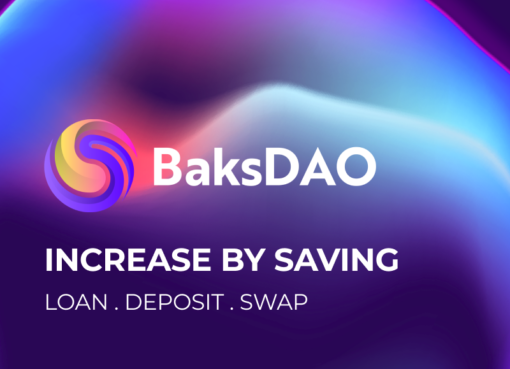Global payments processor Mastercard has launched its Multi-Token Network (MTN) platform, a solution to foster interoperability within the blockchain ecosystem.
Raj Dhamodharan, the head of crypto and blockchain at Mastercard, expressed the company’s vision for MTN as a foundational framework that ensures the security, scalability, and interoperability of transactions within the digital asset and blockchain ecosystems.
While the announcement does not specify which cryptocurrencies will be supported, it does indicate that Mastercard is collaborating with select partners to enable transfers on public blockchains.
Interestingly, the initial applications of MTN are not directly related to cryptocurrencies like Bitcoin (BTC) or Ethereum (ETH). The platform’s beta phase, scheduled for launch in the UK this summer, will utilize “tokenized bank deposits.” Furthermore, MTN will also allow using “regulated payment tokens” in financial applications.
These references imply that MTN will primarily focus on fiat bank deposits as blockchain tokens rather than traditional cryptocurrency tokens.
Dhamodharan shed further light on MTN’s capabilities in an interview with Fortune. He likened the platform to an “app store” for blockchain developers, indicating that MTN will provide tools for developers to leverage. However, a public app store for general users was not confirmed.
While MTN could support consumer-to-consumer payments, Dhamodharan emphasized that the platform’s potential extends far beyond this functionality. He mentioned that MTN could facilitate payments for non-fungible tokens (NFTs) representing a wide range of assets. This suggests a focus on tokenizing real-world items rather than popular crypto collectibles.
Furthermore, Dhamodharan disclosed that MTN would grant access to Mastercard’s private version of Ethereum, differentiating it from the public Ethereum chain. The network’s overarching goals of trust and verification indicate its initial focus on semi-traditional financial applications.
This announcement follows Mastercard’s earlier introduction of the Mastercard Crypto Credential in April. The solution ensures that financial institutions, governments, brands, and crypto organizations adhere to defined standards for activities in Web3 environments.
Moreover, Mastercard ventured into providing back-end tools and support for financial institutions to offer retail customers white-label cryptocurrency trading and custody services in October.
Dhamodharan further shared that 60% of consumers expressed interest in seeing their banks provide crypto services, emphasizing the growing maturity of crypto as an asset class.




